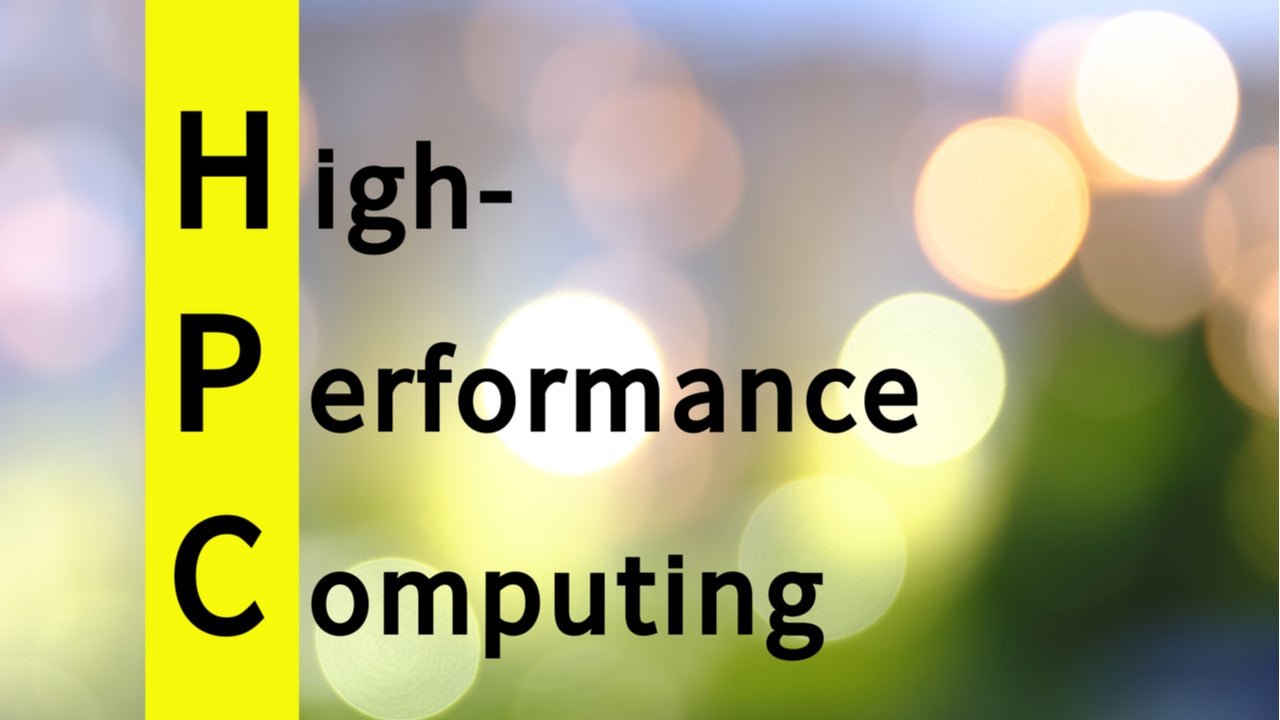
High-performance computing (HPC) is not the environment’s best friend, but the industry is taking steps to make the technology more sustainable. HPC can also be an important tool in climate change research.
Sustainability is rising to the top of the corporate agenda. Most people are skeptical of companies’ sustainability efforts. According to the latest GlobalData Emerging Technology Sentiment Analysis (Q1 2021), only a small minority of executives (14%) believe that enterprises are sincerely committed to sustainability. Companies that are slow to set up and implement sustainability plans risk angering the public and suffering a customer exodus.
A change in the weather for HPC
Given the reigning skepticism, concrete and measurable steps are more likely to cut through. We are starting to see such initiatives in the HPC sector. Microsoft’s new supercomputer will run entirely on renewable energy. The machine, which was announced last month and is expected to be ready by mid-2022, will result from a partnership between Microsoft and the Met Office in the UK.
It aims to make weather forecasting more accurate and monitor climate change, so it is fitting that it is expected to save 7,415 tonnes of CO2 in its first year of operation, according to Microsoft. The Microsoft and Met Office supercomputer will not be the first machine to run on renewable energy. HPE’s Hikari, based in Texas, has been running on solar energy for half of the day since 2018.
Growth in power consumption is not sustainable
Making HPC more sustainable is not a minor task. Supercomputers are high power consumption machines and, as the technology evolved, they’ve become more power-hungry. A personal computer uses around 0.1 kilowatts (kWs) per hour. In 1977, the Cray-1 supercomputer used 115 kWs per hour.
Today’s most powerful computer, Fujitsu’s Fugaku, consumes 29,899 kilowatts every hour. The growth in power consumption is not sustainable. It is costly for organizations, harms the environment, and makes it difficult for companies to meet their sustainability commitments.
How well do you really know your competitors?
Access the most comprehensive Company Profiles on the market, powered by GlobalData. Save hours of research. Gain competitive edge.

Thank you!
Your download email will arrive shortly
Not ready to buy yet? Download a free sample
We are confident about the unique quality of our Company Profiles. However, we want you to make the most beneficial decision for your business, so we offer a free sample that you can download by submitting the below form
By GlobalDataBoth HPC vendors and HPC end users are starting to address sustainability concerns by designing systems that get the most out of power usage and using renewable electricity sources to power HPC clusters. One way of reducing energy use is through improvements in cooling systems.
Liquid cooling systems are more efficient than air-based alternatives as water is denser than air. Vendors such as Huawei and IBM have invested in liquid cooling systems. Scientists and developers should now focus on reducing water usage to obtain further improvements.
Supporting research
Another way in which HPC can contribute to the fight against climate change is by supporting research in the field. The Microsoft and Met Office supercomputer will be one of several machines studying the climate. IBM’s Summit machine, currently the second most powerful supercomputer in the world after Fujitsu’s Fugaku, runs simulations designed to help optimize the operations of offshore turbines that produce wind power.
HPC’s role in climate research and moves by the likes of Microsoft, IBM, and Huawei to make the technology more sustainable are a step towards turning HPC from an enemy of the environment into a friend.








Related Company Profiles
Microsoft Corp
Fujitsu Ltd